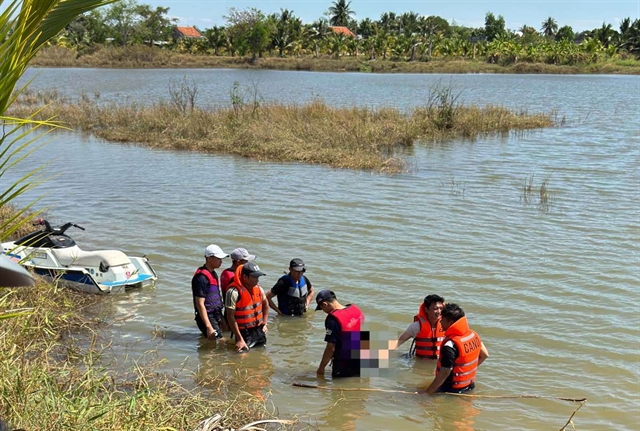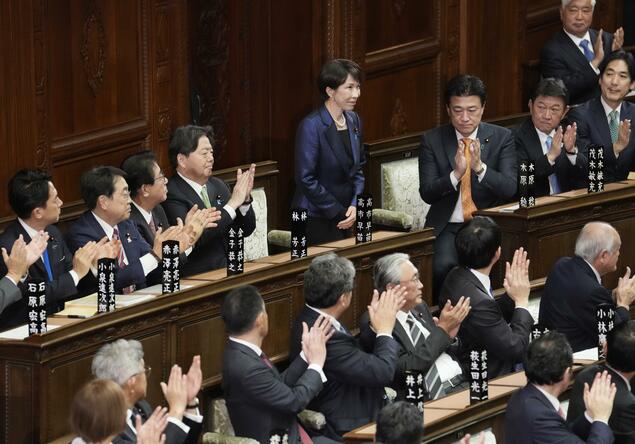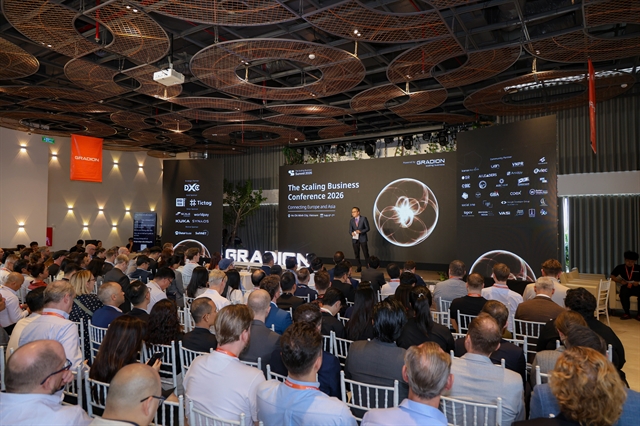 Economy
Economy
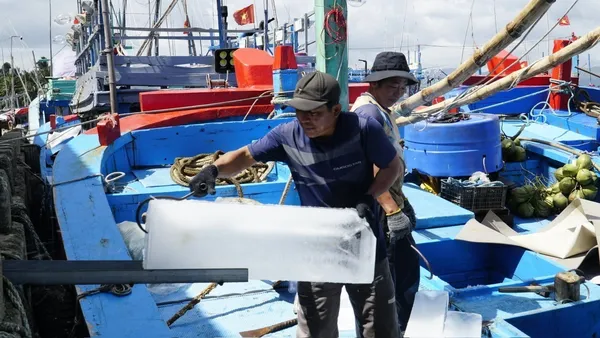
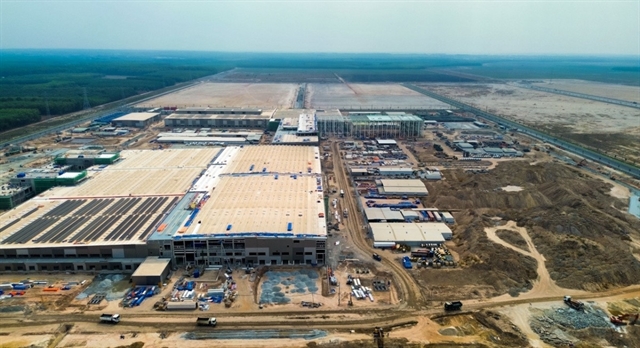
|
| The Lego factory project in Bình Dương Province is expected to operate in 2025. — Photo vietnam.vn |
BÌNH DƯƠNG — Bình Dương Province attracted more than US$2 billion in foreign direct investment in 2024, exceeding the set target, continuing to affirm its position as one of the leading localities in the country in attracting foreign direct investment (FDI).
The $1.3 billion Lego factory project, invested by Lego Manufacturing Co., Ltd. (Denmark) in the Việt Nam-Singapore Industrial Park No. 3, marks an important step in improving competitiveness and building an attractive investment environment.
Expected to be operational in early 2025, this Lego factory will not only be a large-scale investment project but also bring clear socio-economic benefits.
The project will create more than 4,000 direct jobs and thousands of indirect jobs, while contributing to personal income tax and domestic consumption tax revenue.
In addition to the socio-economic benefits, Lego Manufacturing is committed to building a green and carbon-neutral factory, in line with the sustainable development orientation that Bình Dương is aiming for.
Nguyễn Văn Công, director of the provincial Tax Department, shared that the tax sector expects a stable source of revenue in the future from this project, along with a spillover effect to local supply chains and supporting businesses.
To attract more investors like Lego, the province has implemented a series of special incentive policies to reduce investment costs and create a foundation for sustainable development.
Chairman of the provincial People's Committee Võ Văn Minh emphasised that in the past, the province has built a favourable investment environment, from preferential tax policies to supporting businesses throughout the project implementation process. These policies not only bring benefits to businesses but also contribute to the overall development of the province's economy.
In order to attract FDI projects, Bình Dương has applied a series of special preferential policies for Lego. These policies not only reduce the cost burden for investors but also create a solid foundation for the sustainable development of the factory.
One of the notable policies is the preferential corporate income tax rate. The Lego factory will be subject to a tax rate of 10 per cent for 15 years, instead of the usual tax rate of 20 per cent.
At the same time, the enterprise is exempted from income tax for the first four years from the time it makes a profit and has a 50 per cent reduction in income tax for the next nine years.
This is a strong financial support that helps reduce operating costs and increases the financial capacity of the factory.
In addition, Lego is also exempted from import tax on equipment, machinery and materials for building the factory in the initial phase.
Even imported raw materials and components for production are exempted from tax for the first five years. This helps reduce financial pressure for Lego in the start-up phase.
Phạm Trọng Nhân, director of the Department of Planning and Investment of Bình Dương Province, said that the Lego factory is a clear demonstration of the favourable investment environment that the province is building. Incentive policies not only attract large investments, but also create conditions for projects to develop sustainably and effectively.
Nguyễn Trung Tín, head of the provincial Industrial Park Management Board, also shared that the management board has quickly supported administrative procedures such as granting investment certificates and construction permits, helping Lego implement the project more effectively.
Thanks to its achievements in attracting FDI, Bình Dương continues to affirm its position as one of the leading localities in the country, especially in attracting high-tech, environmentally friendly projects with great added value. VNS

